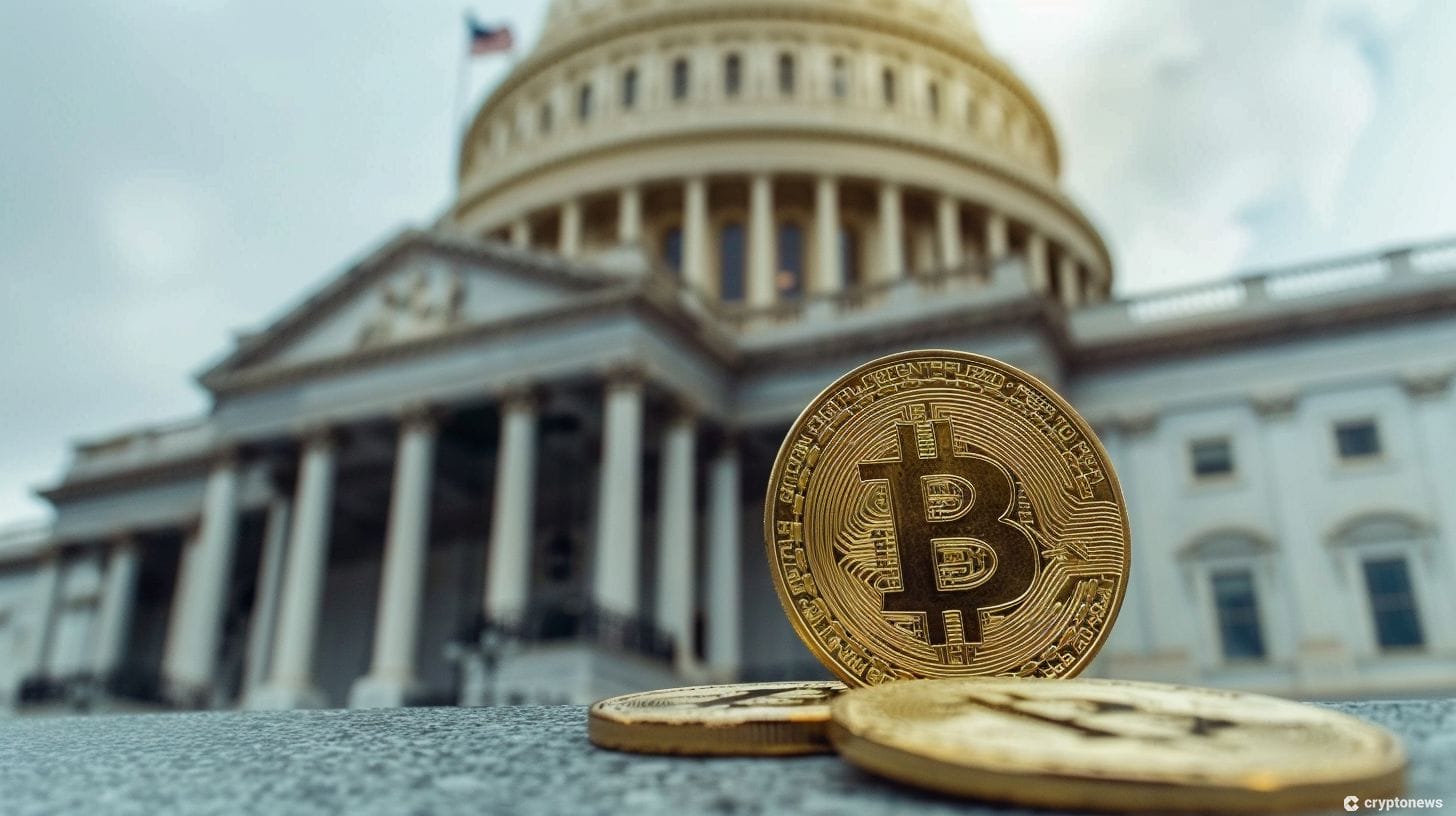The United States Securities and Exchange Commission (SEC) Chair Gary Gensler recently released a statement criticizing the Financial Innovation and Technology for the 21st Century Act (FIT21) ahead of the expected vote in the House. Gensler argued that the bill would create new regulatory gaps and undermine decades of precedent, ultimately putting investors and capital markets at risk. He also expressed concerns about how FIT21 could work against established securities laws and allow crypto operators to self-certify their products, potentially leading to further failures, frauds, and bankruptcies in the crypto industry.
This criticism from Gensler comes at a time when there is increasing momentum for crypto regulation on Capitol Hill, indicating potential pushback from U.S. lawmakers over the SEC’s current regulatory approach towards digital assets. Earlier this month, Congress voted on a resolution to overturn the SEC’s controversial crypto accounting guidance known as SAB121, with pro-crypto Senator Cynthia Lummis calling it a win for financial innovation and a rebuke of the Biden administration and Gary Gensler’s actions towards crypto. Gensler, who has faced criticism from the crypto industry, has been aggressive in enforcing U.S. securities law on digital asset organizations, including Ripple.
Ripple, a blockchain firm currently embroiled in a legal battle with the SEC over the sale of cryptocurrency XRP, has been vocal about its criticism of Gensler and the SEC’s approach to regulating crypto. Ripple’s Chief Legal Officer Stuart Alderoty took to Twitter to express his thoughts on Gensler’s leadership, stating that he overplayed his hand and underestimated the resilience of the crypto industry. Alderoty criticized Gensler for thinking he was above Congressional oversight and suggested that Gensler was now a struggling political liability. The contentious relationship between the SEC and Ripple highlights the challenges facing the crypto industry in navigating regulatory scrutiny.
If U.S. lawmakers advance FIT21, it would represent the government’s first successful push for a crypto regulatory framework and a notable shift in how digital assets are regulated in the country. The passage of FIT21 would also serve as a strong rebuke of Gensler’s handling of crypto assets and highlight the ongoing debate surrounding the appropriate regulatory approach towards cryptocurrencies. As the crypto industry continues to evolve and face regulatory challenges, the outcome of the vote on FIT21 will have significant implications for how digital assets are treated in the United States moving forward. The push for clearer regulations in the crypto space is gaining traction, and stakeholders are closely watching how lawmakers and regulators address the complexities of this rapidly growing sector.





















